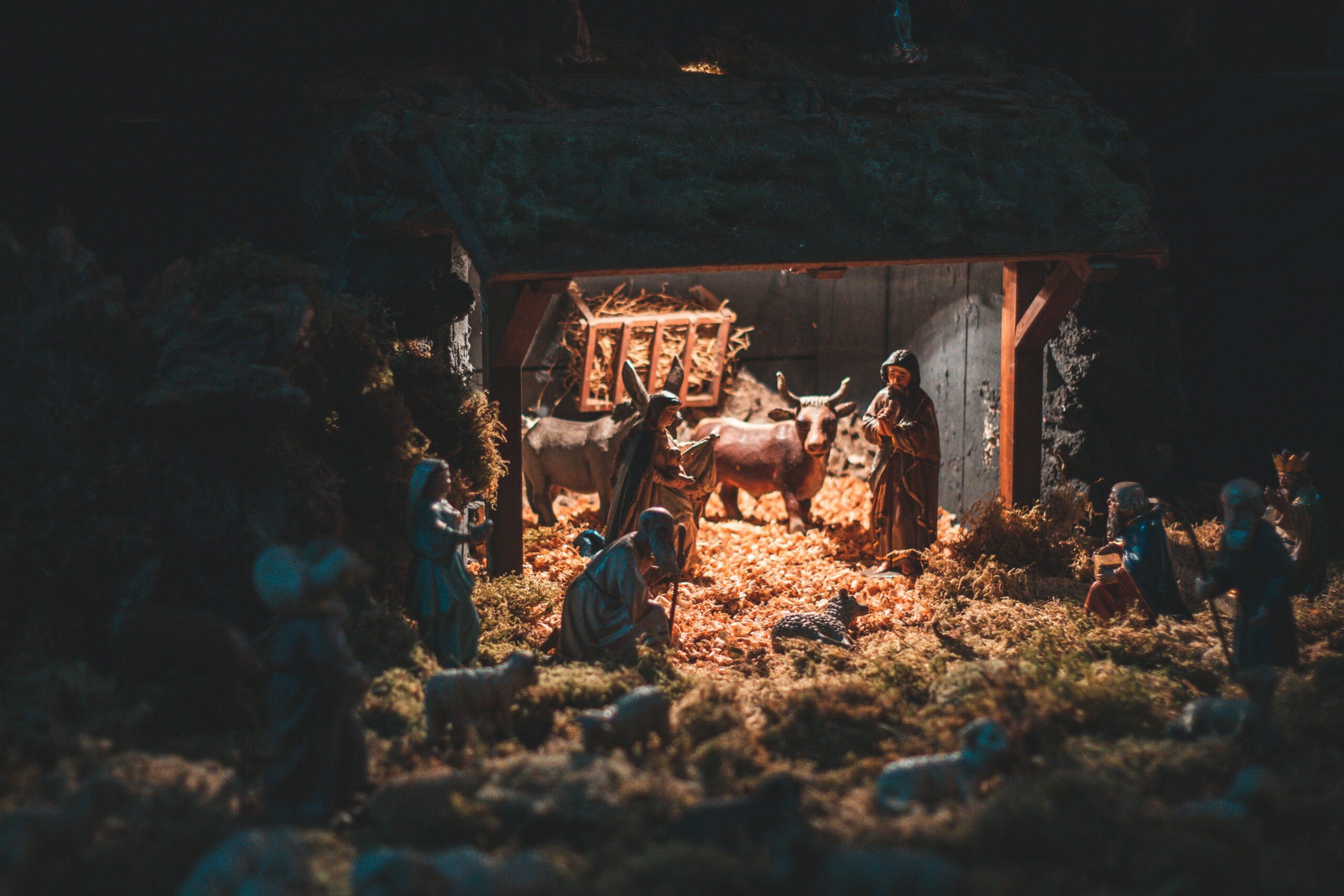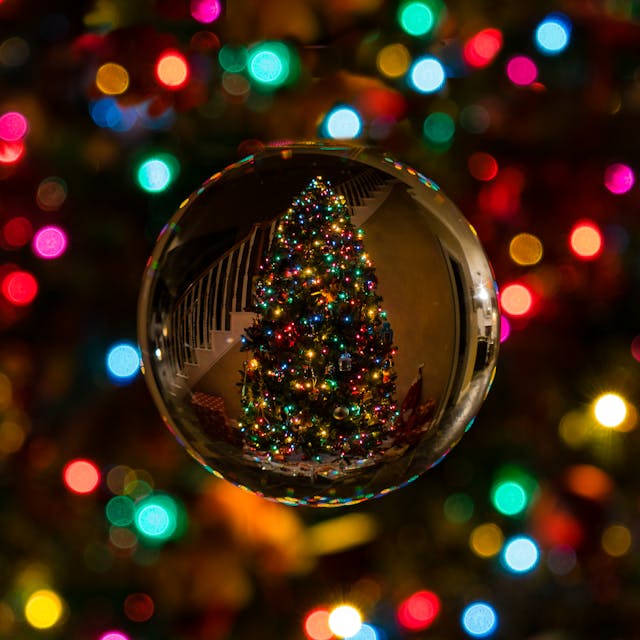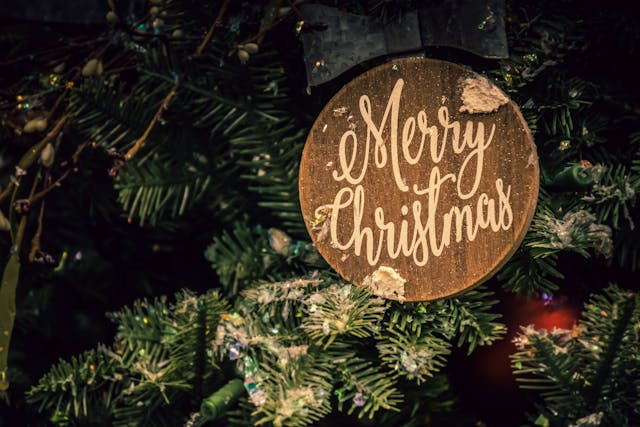The Importance of Christmas: The origins of our traditions

Christmas is one of the most widely celebrated holidays worldwide. More than 2 billion people in over 160 countries around the world celebrate Christmas, which is rich with spiritual, cultural, and social significance. As the popular Christmas song by Andy Williams suggests, it’s the most wonderful time of the year for many of us.
In this article we explore the importance of Christmas and some of the history, traditions and origins of the things that make up Christmas celebrations in the UK.
Religious Significance
For Christians, Christmas celebrates the birth of Jesus, lighting up generosity, compassion, goodwill, hope and love, and radiating joy. The Western Church celebrates Christmas on 25 December and the Eastern Church celebrates it on 6 January.
Some theories suggest that Christmas celebrations may have begun in the 4th century during the reign of the first Christian emperor, Constantine. Christmas didn't become a major Christian festival until the 9th century and the Christmas we know today, really took shape in Victorian times.
Traditions
Today, perhaps we take for granted the many Christmas traditions we have. Families decorate Christmas trees, exchange gifts, give each other cards, sing carols and share festive meals, creating lasting memories, but where and when did these traditions begin?
Christmas Trees
Modern Christmas trees originated in Central Europe and the Baltic states, particularly Estonia, Germany and Livonia (now Latvia) during the Renaissance in early modern Europe.
Prince Albert introduced the tradition of Christmas trees to England during the Georgian period when King George III was on the throne. Albert and Queen Victoria were thought to have made decorating a tree fashionable and popular with the masses. Small table-top trees were first used until it became possible to get larger fir trees, which could be placed on the floor, ready for gifts to go underneath.


Christmas cards with a Robin theme
During Victorian times, the tradition of sending Christmas cards started. Royal Mail postmen, who wore bright red uniforms, delivered these cards. This earned them the nickname of ‘robin’ or ‘redbreast’.
Christmas cards convey messages of love, joy and peace, reflecting the spirit of this special season.
Christmas carols
Christmas hymns can be traced to 4th-century Rome and were in Latin. In the 9th and 10th centuries, Northern European monasteries developed the Christmas hymn into a sequence of rhymed stanzas. In the 13th century, in France, Germany, and particularly, Italy, under the influence of Francis of Assisi, a strong tradition of popular Christmas songs in regional native languages developed.
Cultural Importance
While rooted in Christianity, Christmas has become a celebration of kindness and community in many places. Many people, including non-religious people and people of other faiths, celebrate Christmas in a festive style and by giving gifts.
Whatever you do at Christmas, be it travelling home and cherishing memorable moments, celebrating with your friends and family, or bringing joy to those who need it, on behalf of Education North Tyneside, I would like to wish you a Merry Christmas and all the very best for the New Year!
Gëzuar Krishtlindjet
عيد ميلاد مجيد
Շնորհավոր Սուրբ Ծնունդ
میری کرسمس
Весела Коледа
圣诞节快乐
Mutlu Noeller
کریسمس مبارک
ਮੇਰੀ ਕਰਿਸਮਸ
Crăciun fericit
счастливого Рождества
สุขสันต์วันคริสต์มาส
Maligayang Pasko
Joyeux Noël
sretan Božić
Veselé Vianoce
Feliz Navidad
Kirîstmas piroz be
Feliz Natal
Buon Natale
щасливого Різдва
Wesołych Świąt
καλά Χριστούγεννα

Priecīgus Ziemassvētkus
Linksmų Kalėdų
Giáng sinh vui vẻ
സന്തോഷകരമായ ക്രിസ്മസ്
boldog Karácsonyt
క్రిస్మస్ శుభాకాంక్షలు
क्रिसमस की बधाई
শুভ বড়দিন
Geseënde Kersfees
メリークリスマス
Frohe Weihnachten
Vesel Božič
Veselé Vánoce
کرسمس مو مبارک
ikini ọdun keresimesi
Kisimusi yakanaka
聖誕節快樂

